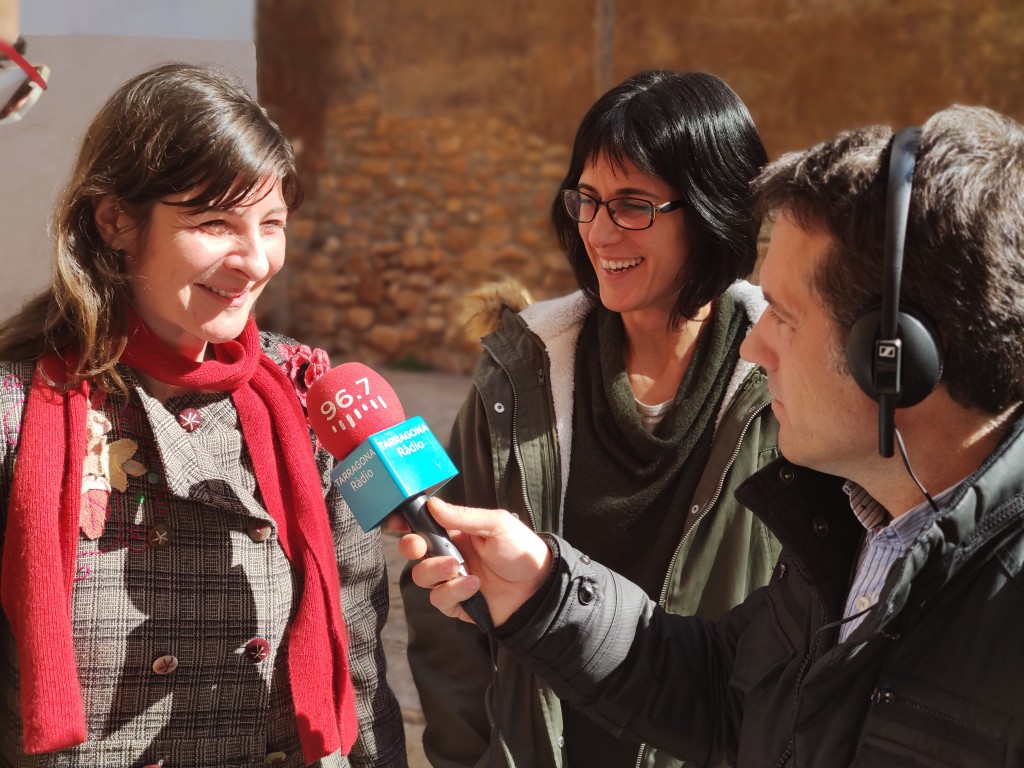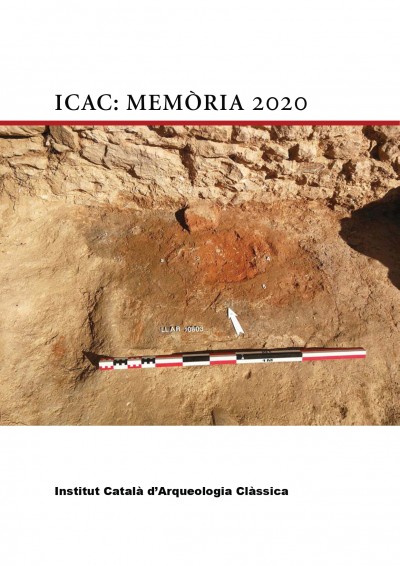
2020 will remain forever etched in our memories. It has been a year of suspension of face-to-face activities and many kinds of academic activities, conferences, trips, stays, fieldwork, lab research, and dissemination.
The impact of the pandemic on the field of archaeology has been significant. A survey conducted by the Plataforma Estatal de Profesionales de la Arqueología reported economic losses of around 36 million euros in Spain, only in the first wave; in a very fragile and vulnerable sector, with a high level of cancellation or decrease in activity.
At the ICAC activities began to resume in June, but with many limitations. It is difficult to put the collective activity and employment decrease in numbers, in a very fragile sector that was already strongly hit by the 2008 crisis. In the research centers, and specifically in the ICAC, the direct impact has been less, but indirectly also quite so significant.
Despite the impact of the pandemic, the ICAC closed 2020 with a positive balance of its scientific activity and results.
Nonetheless, 2020 has been a positive year for the Institute, in line with the results of previous years. In fact, the year ended with the approval by the Board of Directors of the ICAC Action Plan 2021-2024, which establishes the strategic lines of action and future challenges for the center.
The most ambitious axes of the Action Plan 2021-2024 include keeping the upward trend of internationalization of research, expanding external funding through European programmes, implementing the stabilization of research staff with the creation of new senior researcher positions (R4), fostering post-doctoral (R2 y R3) and pre-doctoral (R1) positions, and developing the research career; as well as carrying out an improvement and upgrade of the workspaces, labs and facilities of the Institute’s headquarters in Tarragona.
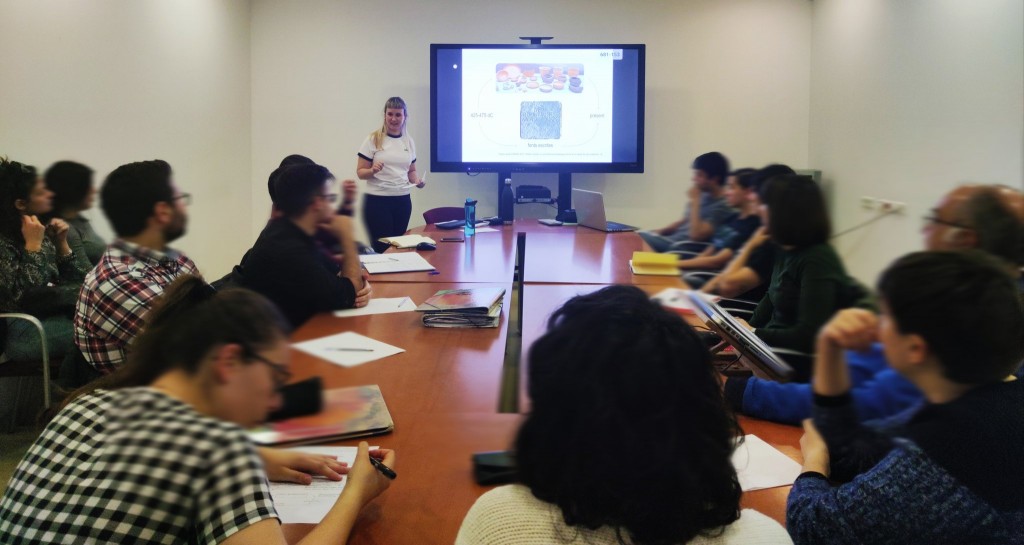

An image of the last face-to-face activity at the ICAC in 2020! VII Seminar on Epigraphy and Society in Tarraco, with Ada Lasheras. March 9th, 2020.
After the last Board of Directors meeting (June 23, 2021), the ICAC Activity Report 2020 is approved and available on the website and the Recercat open repository.
In summary, ICAC 2020 activity has been characterised by:
- The renewal of the HRS4R Award, with the conclusion of the Action Plan 2015-2020 and the approval of a new and updated action plan (HRS4R Action Plan 2021−2023). This new plan is the result of a comprehensive evaluation process of the HRS4R strategy in the ICAC, which ended with a positive assessment of the EC experts group last March 2021.
- The consolidation of the growth of the research staff, which has increased in 12 people in the last 4 years, especially postdoctoral staff, who now constitute 26% of research staff and keeps the upward trend, achieved through competitive programmes (RyC, MSCA, JdC, BP, CIP, FPI, FI, FPU).
- The internationalisation of research, as evidenced by the mobility of research staff and, above all, by the number of ongoing in different Mediterranean (and peri-Mediterranean) countries: France, Italy, Greece, Tunisia, Egypt, Israel, Turkey, and India.
- The ICAC commitment to open access, the good presence in the public open repository Recercat and the Portal de la Recerca de Catalunya.
- All in all, pretty good indicators were obtained from the scientific research of the Institute.
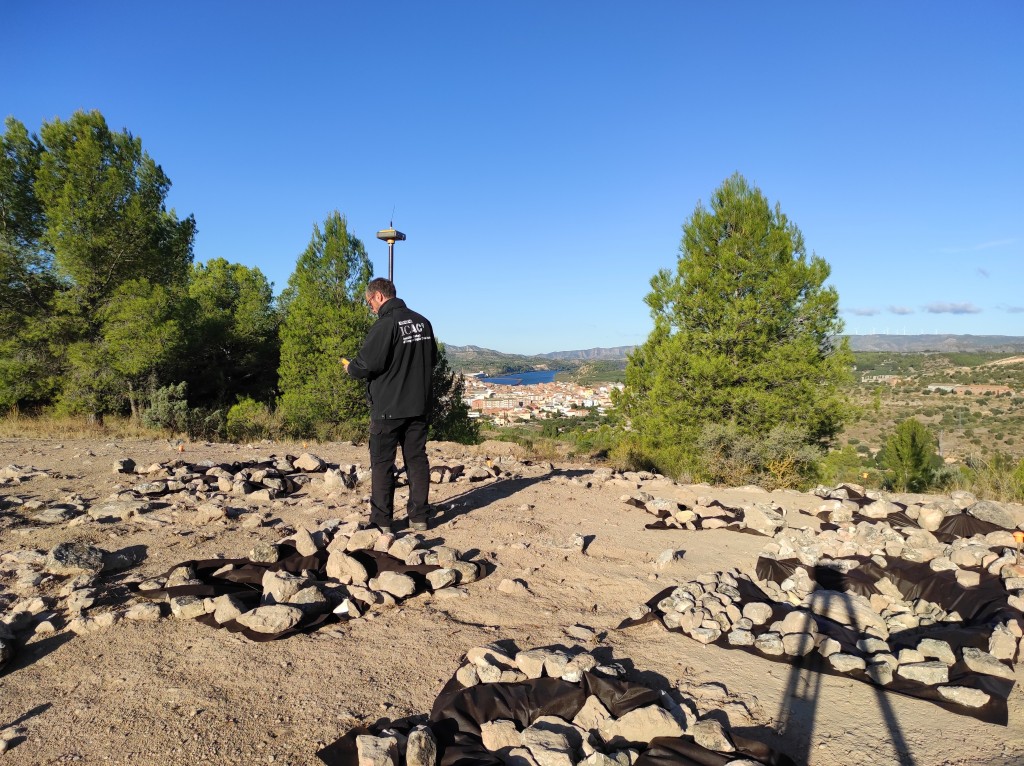
Impact of research
The impact of research carried out by the ICAC has achieved an exceptional milestone with the Emerging Investigator Award 2019 by the Journal of Archaeological Science and the Society for Archaeological Sciences (SAS), in recognition of the research published by Hèctor A. Orengo and Arnau Garcia-Molsosa in the paper “A brave new world for archaeological survey: Automated machine learning-based potsherd detection using high-resolution drone imagery”.
The Emerging Investigator Award 2019 panel commended the visionary combination of drone-based photogrammetry, machine learning, and parallel computing in an open-source environment, with the potential to revolutionise traditional field survey methods.
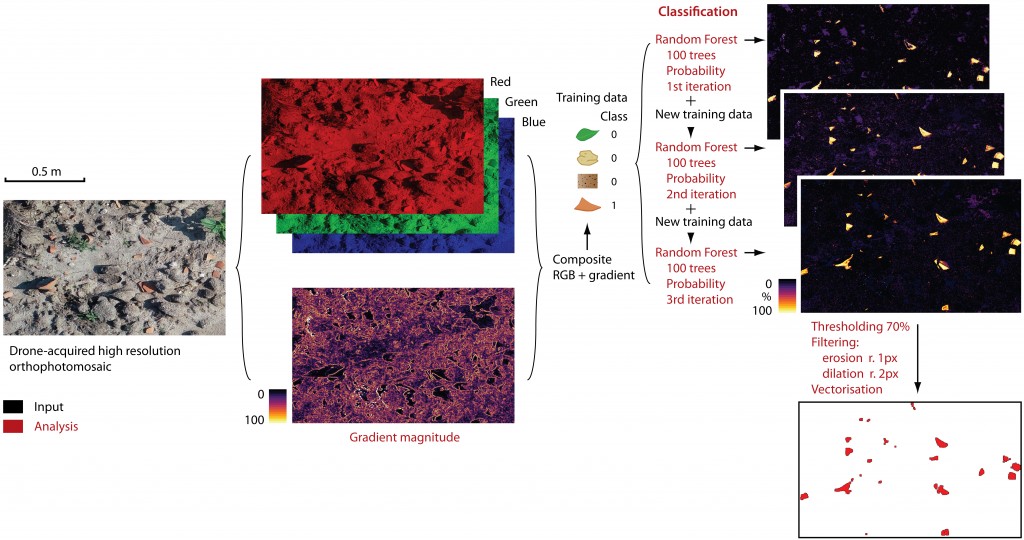
On transfer and social impact of our research, it is worth highlighting the project TarrAcro-Polis: a scientific journey of 2,000 years of history, with the participation of the Biblical Museum Tarraconense and the School of Architecture (ETSA) of the University Rovira y Virgili, with the opening of a new space for the historical interpretation of Tarraco in the Biblical Museum facilities.
Finally, there has been an important change in the ICAC postgraduate programme: the inter-university Master in Classical Archaeology, which has been running continuously for fourteen editions since course 2006-2007, has entered a stage of transformation and renovation.
A new postgraduate learning programme will soon be ongoing: the Master on Applied Classical Archaeology.
Competitiveness, the existence of many similar master degree programmes, the economic crisis, and the reformulation of the degree programmes are some of the reasons for the current situation of the ICAC master. This, however, has led to developing a new training project, named Master on Applied Classical Archaeology, which will be an interuniversity programme (UAB-ICAC-URV), more focused on specialized content and in a blended learning format.
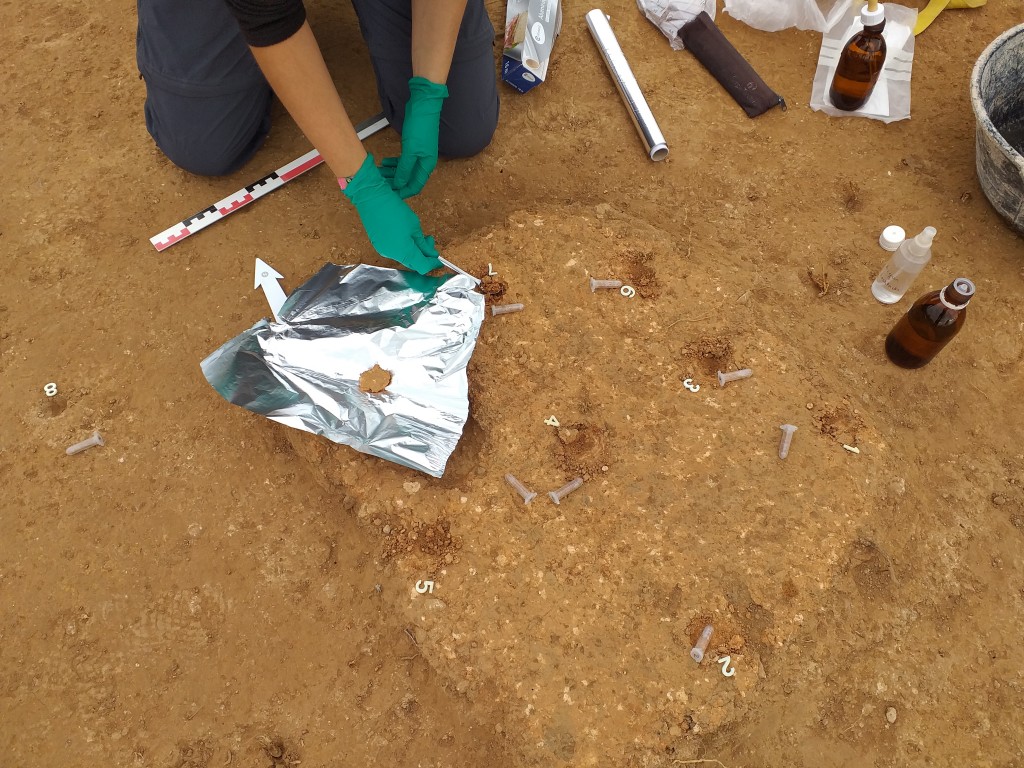
In the Memoria 2020 report, you can check all data concerning the ICAC activity in 2020, and in more detail the scientific output of each ICAC researcher.
An overview of the first semester of 2021
Today we can also take an overview of the ICAC activity in the first six months of 2021, which highlights the deployment of the first year of the ICAC Action Plan 2021-2024. This new plan focuses on the following objectives:
- Maintain and consolidate the internationalisation of research.
- Consolidate and increase the attraction of external funding through competitive calls.
- Increase and consolidate the number of recognised research groups in the ICAC.
- Work on the basis for the research career R4 in the ICAC.
- Work on the protocol for the evaluation of ICAC staff.
- Fostering the new interuniversity Master on Applied Classical Archaeology (URV-ICAC-UAB), with a 60-credit syllabus and a blended learning format, planned to start in the academic year 2022-2023.
On the other site, the consolidation of the strategy of internationalisation of research with the signature of important research agreements with:
- The University of Cambridge, for the project MAHSA, Mapping Archaeological Heritage in South Asia, funded by the Arcadia Foundation (UK).
- The University of Genova, for the project ‘Landscape of Transhumance: Environmental archaeology research between the Eastern Pyrenees (Spain) and the Maritime Alps (Italy)’.
- The University of Montpellier –CNRS (ASM), for the project to study the villae SaintBezard in Aspiran (Hérault-Fr): winegrowing and amphora production center.
We keep on working to achieve the best possible results by 2021 and to better transfer our scientific output to society!
